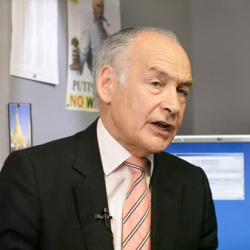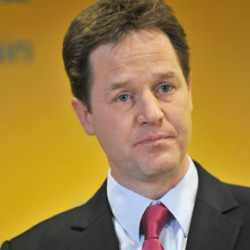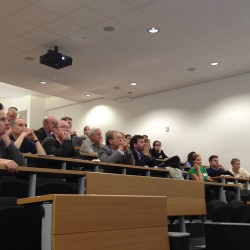News - BES Resources
Here you will find a range of resources that we think may be helpful in analysing BES data.
The following links may be helpful in accessing statistical software commonly used to analyse social science data:
• stata
• SPSS
• Installing R
• RStudio

What the BES suggests about constituency variation in party performance, by Stephen...
Where parties win votes at the next general election will matter as well as how many they win. Recent opinion polls suggest that since 2010 the Conservatives have suffered a small set back and Labour have made a correspondingly modest recovery. Much more dramatic has…

Watch the trailer for our new film
Watch the trailer for our new film ‘The British Election Study: Understanding British Democracy’, now available on YouTube ahead of its launch on December 9. Funded by the School of Social Sciences at The University of Manchester, some of Britain’s top academics and journalists in…

British Election Study 2014 Expert Survey Data Released
The BES is pleased to release the first BES Expert Survey. 93 academic experts placed political parties on ideological scales and attitudinal dimensions between April-May 2014. These data can be directly compared to question responses in the BES voter surveys. The data and codebook of the…

Where, if anywhere, will Liberal Democrat votes go in the 2015 General...
The Liberal Democrat conference is in full swing. What is the scale of their challenge? Current opinion polls point to the Liberal Democrats being ‘wiped out’ in the 2015 general election. The Liberal Democrats are currently polling at around 7% (YouGov, October 2014), while in April…

BES September 2014 Annual Report
On Saturday 13th September Professor Ed Fieldhouse gave an overview of the activities and achievements of the British Election Study during its first year, addressing the British Election Study report meeting at the recent Elections, Public Opinion and Parties annual conference in Edinburgh (audience pictured…

Plus ça change? The ebb and flow of Scottish referendum voting intention
Apart from the day-to-day fluctuations and differences between pollsters, the opinion polls on the Scottish Referendum voting intention have been fairly stable over the last few months, with ‘Better Together’ leading with around 45%-50% of the vote, ‘Yes Scotland’ in the mid-thirties, and the remainder…

The British Election Study & the Scottish Constitutional Debate (by Professor Charlie...
It is striking how insular Scotland’s constitutional debate is. Both sides in the debate see Scotland’s constitutional future in different ways as bound up firmly in relationships with the rest of the UK. The Yes side envisages a form of independence which involves continuing partnership…

Settled wills? The psychology behind stable referendum polls (by Dr Rob Johns,...
In a marathon campaign like the one for votes in the Independence referendum on the 18th September, a good deal of the excitement is generated by ups and downs in the opinion polls. For those seeking to maintain interest, then, it is fortunate that the…

Class divisions and the Scottish Referendum
The Scottish Independence referendum campaign has focused heavily on the economic impacts of independence –whether the No campaign’s claims of a “UK dividend” or the Yes campaign’s promise of an economic renaissance for a newly independent Scotland. But how do voters’ own economic situations affect…

Devolution deficit: how the promise of further devolution can save the Union
As the Scottish referendum campaign moves into the final three months the pro Union parties have emphasised their commitment to more devolution should Scotland choose to remain in the Union. The Conservatives recently outlined plans to devolve additional tax raising powers to the Scottish Parliament,…
